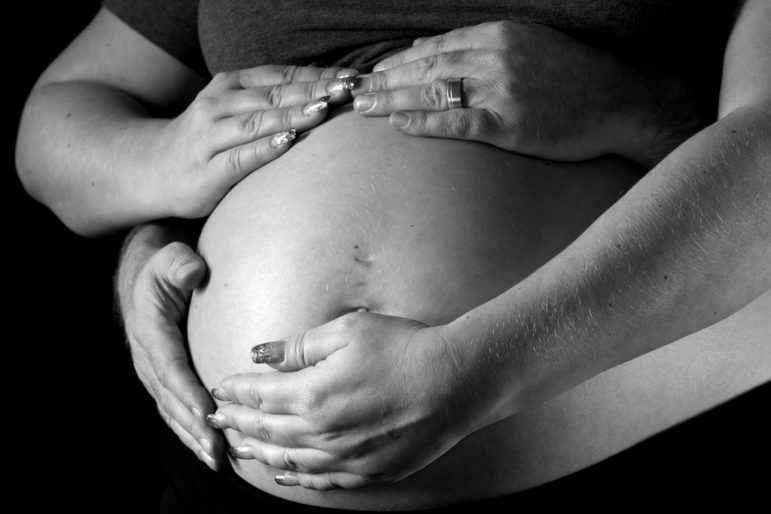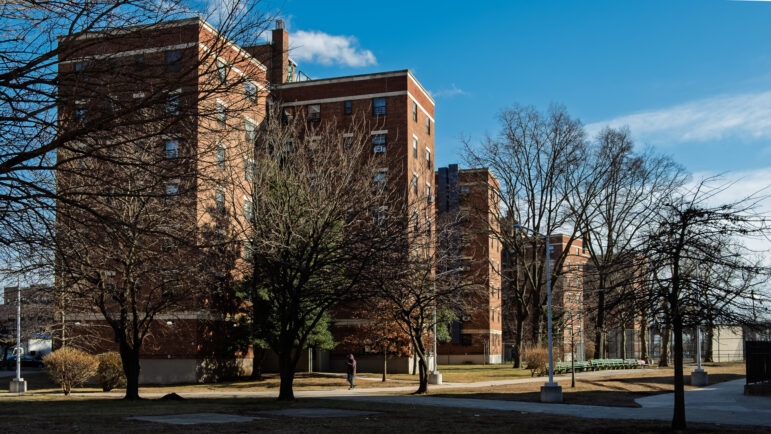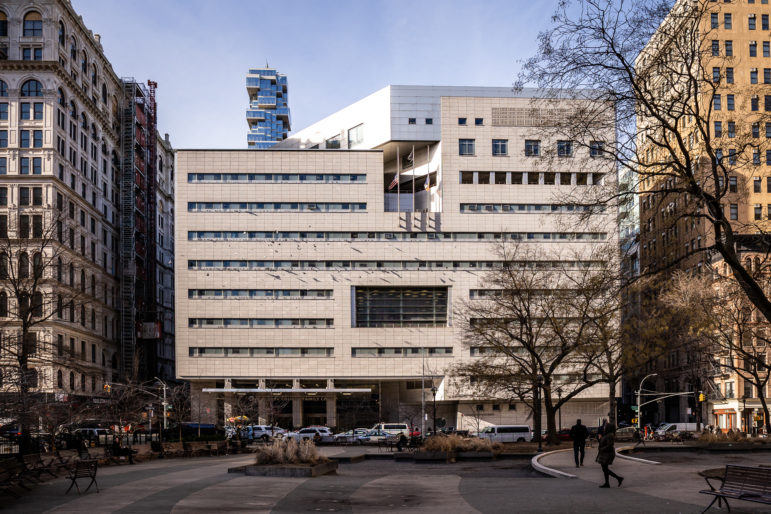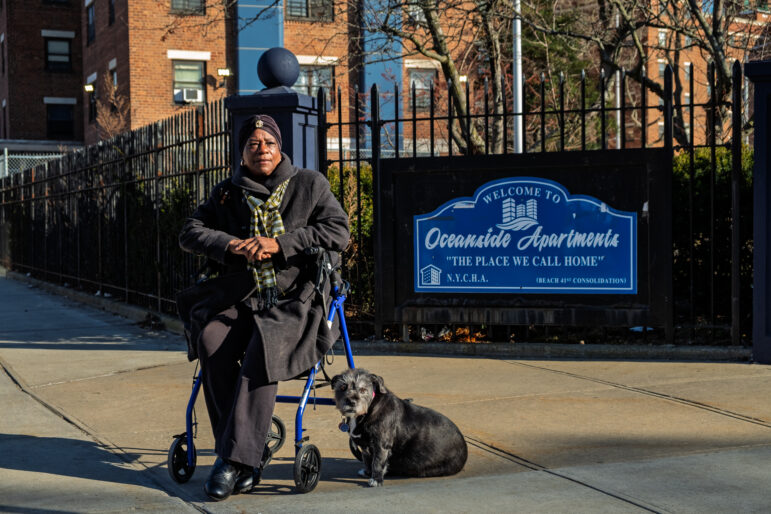
In 2017, a 33-year old Brooklyn woman died of a pulmonary embolism the day after giving birth to twin boys in a local hospital. The woman had suffered a major hemorrhage while undergoing an unplanned cesarean section. As reported by ProPublica, doctors were able to stop her bleeding, but signs of a subsequent fatal blood clot went undetected. She left behind seven children.
Tragic stories like this one can be found across the country. Every year in New York City, more than 3,000 women experience a life-threatening event during childbirth, and about 30 women die from a pregnancy-related cause.
The crisis here in New York has a clear racial focus. Preliminary 2011-2015 data from the city’s Health Department show that Black non-Hispanic women in New York are eight times more likely to die of pregnancy-related complications than White women, much higher than the national average.
And the national average is not good. The United States’ overall maternal mortality rate is the highest in the developed world, and has increased in recent years. In 2016, our maternal mortality rate was nearly 29 deaths per 100,000 births—shockingly high relative to other industrialized nations.
Maternal health outcomes for Black women are a textbook example of the issues we continue to face at the intersection of race and gender. These issues are perpetuated by both implicit and explicit bias from medical professionals. Racial disparities in the overall quality of healthcare also contribute to the crisis, as do broader environmental factors—such as exposure to polluted or unsafe neighborhoods and homes, and the stress caused by navigating a racist society.
This summer, the City Council’s Committees on Women and Health held a joint hearing on maternal health and mortality. We listened to testimony from women who have experienced medical bias and unwillingness to listen in its most severe form. And we heard from on-the-ground service providers—such as doulas—about how they are working to bridge the gap between the healthcare system and the communities most in need.
The City of New York is listening, too. It recently announced an initiative to reduce maternal deaths and life-threatening childbirth complications among women of color. The goal of the city’s five year plan is to eliminate disparities in maternal mortality between Black and White women, and reduce by half the number of severe maternal morbidity events in New York.
This is a tremendous start, and we can do much more.
We need to approach this issue with both a public health and social justice lens, and not confine policy to what happens within the walls of a hospital. It is painfully clear that high rates of maternal mortality and morbidity are a direct result of a society that does not adequately consider the needs of the pregnant person, especially in communities of color.
To that end, I’ve introduced legislation which would require the New York City Department of Health and Mental Hygiene to create a plan giving all pregnant New Yorkers access to the services of a doula. While not medical personnel, doulas are trained professionals who provide continuous physical, emotional and informational support to a pregnant person and their family before, during and shortly after childbirth.
This can include everything from practical help scheduling medical appointments, to answering basic health questions, to emotional support. During childbirth, doulas can provide critical advocacy—backing the decisions made by the person in labor and helping communicate them to the medical team so that they are taken seriously. And doulas can be incredibly helpful after childbirth as well, especially for single parents.
Academic research has shown that these types of support services make a real difference. A 2017 worldwide review by the Cochrane Pregnancy and Childbirth Group found that women who had continuous support from a doula were more likely to have a healthy child, less likely to have a caesarean or instrumental vaginal birth, and less likely to report negative feeling about their childbirth experience.
In New York City, research on the impact of doulas has revealed similar results for infant health and maternal satisfaction—although not for direct maternal health outcomes. Analysis of the Department of Health’s By My Side program in Brooklyn has found statistically significant decreases in preterm births and underweight babies, as well as significant improvements in women’s evaluation of the childbirth experience.
Related Reads
When New Moms Get Sick, Race—and Hospitals—Matter
CityViews: The Sims Statue Debate Might be Over but the Issue of Health Inequity Remains
Video: The Fight Against Severe Maternal Morbidity in Brooklyn
CityViews: A Call to Action on Racial Disparities in NYC’s Maternal Health
New York State has taken notice of these findings. Governor Cuomo recently announced his intention to set up a pilot program using Medicaid funding to pay for doula services. This could be a critical step–if we ensure that community-based providers are included in the process and can take advantage of the new resources.
Because we have so much more to learn, I’ve also introduced legislation making permanent a fact-finding commission set up by the Department of Health. We need to ensure that every single mortality incident is carefully reviewed by medical experts and community leaders—and that lessons are learned to prevent more deaths in the future.
And we need to look beyond legislation. We need to talk about changing the culture of medical care and public health. The advocacy that doulas provide is only as effective as doctors allow it to be. The recommendations of any fact-finding commission will only be effective if implemented by the medical providers themselves.
In short—we need a coalition between the city, the state, community activists, and medical providers to redesign the way we care for pregnant people from the ground up.
Maternal mortality and morbidity is a crisis in this country. But it is solvable. What it will take is listening to women—listening to all pregnant people. It is on us to design a system in which their voices can be heard.
Helen Rosenthal is Chair of the New York City Council’s Committee on Women. She holds a Masters in Public Health from Yale University.









One thought on “CityViews: The Fight Against Maternal Mortality Starts With Listening”
Pingback: Spanish Flu, Park Slope Restaurants, Real Estate Returns, School Diversity and more links - BKLYNER